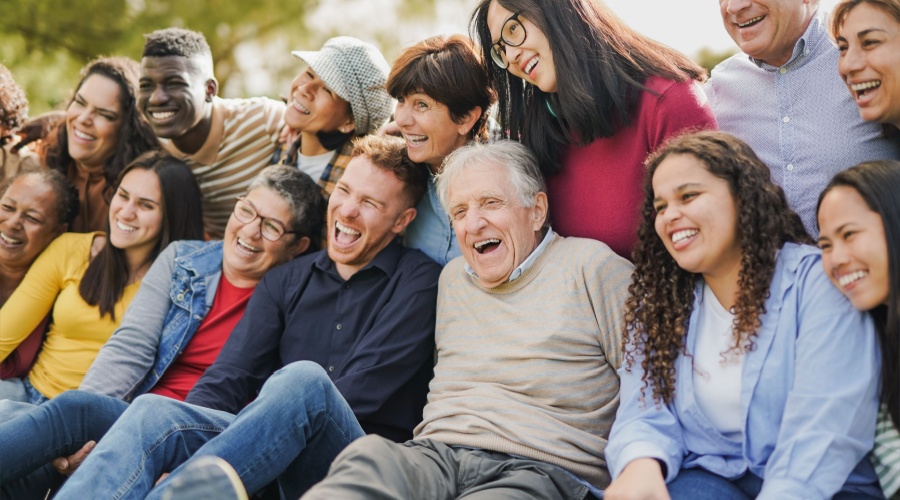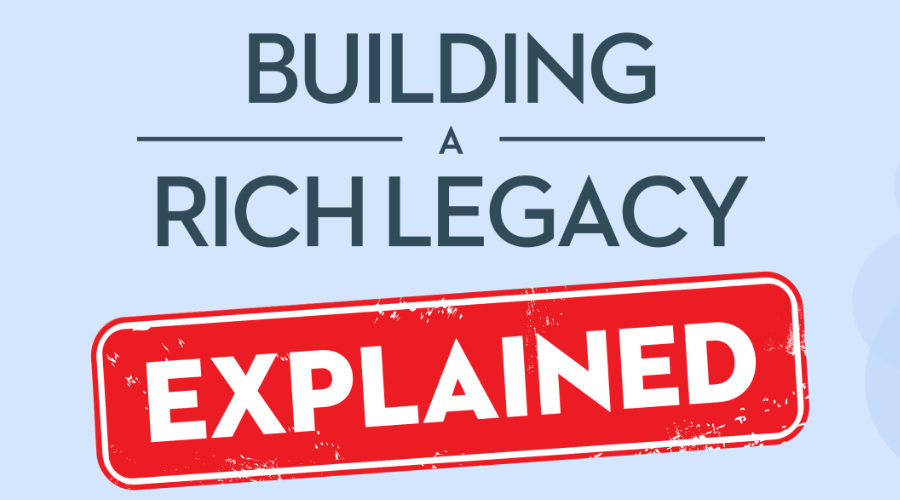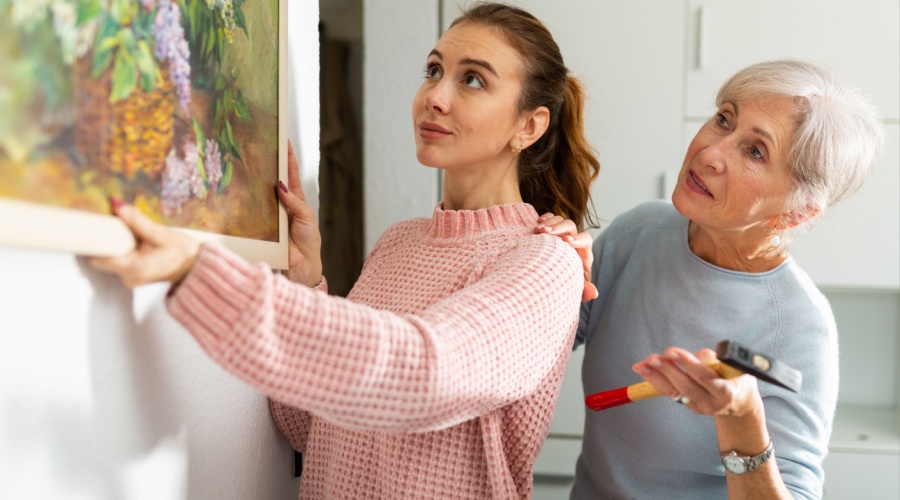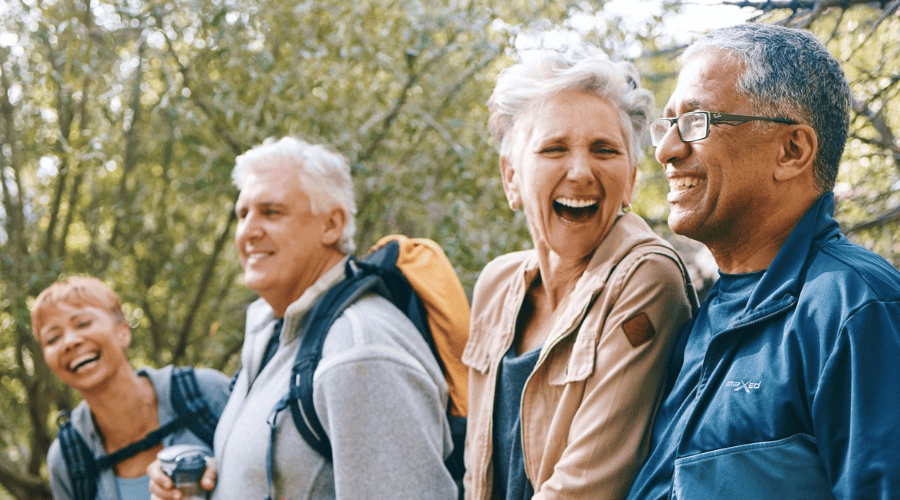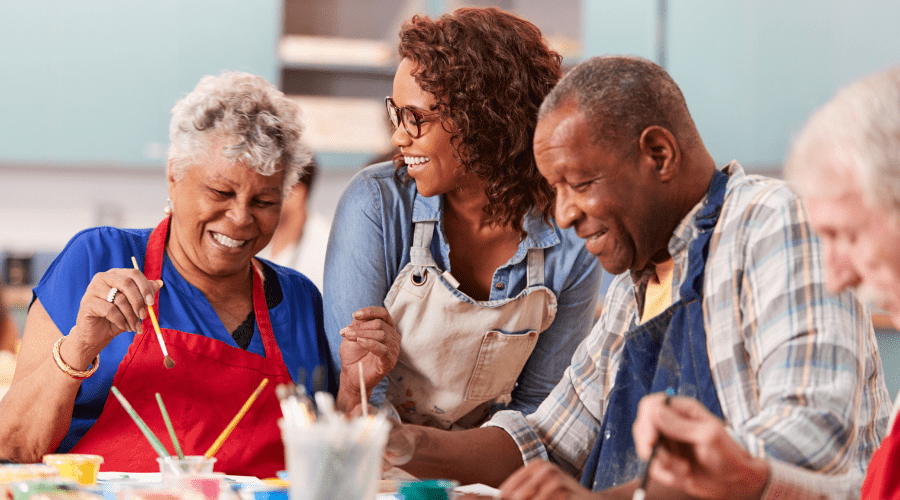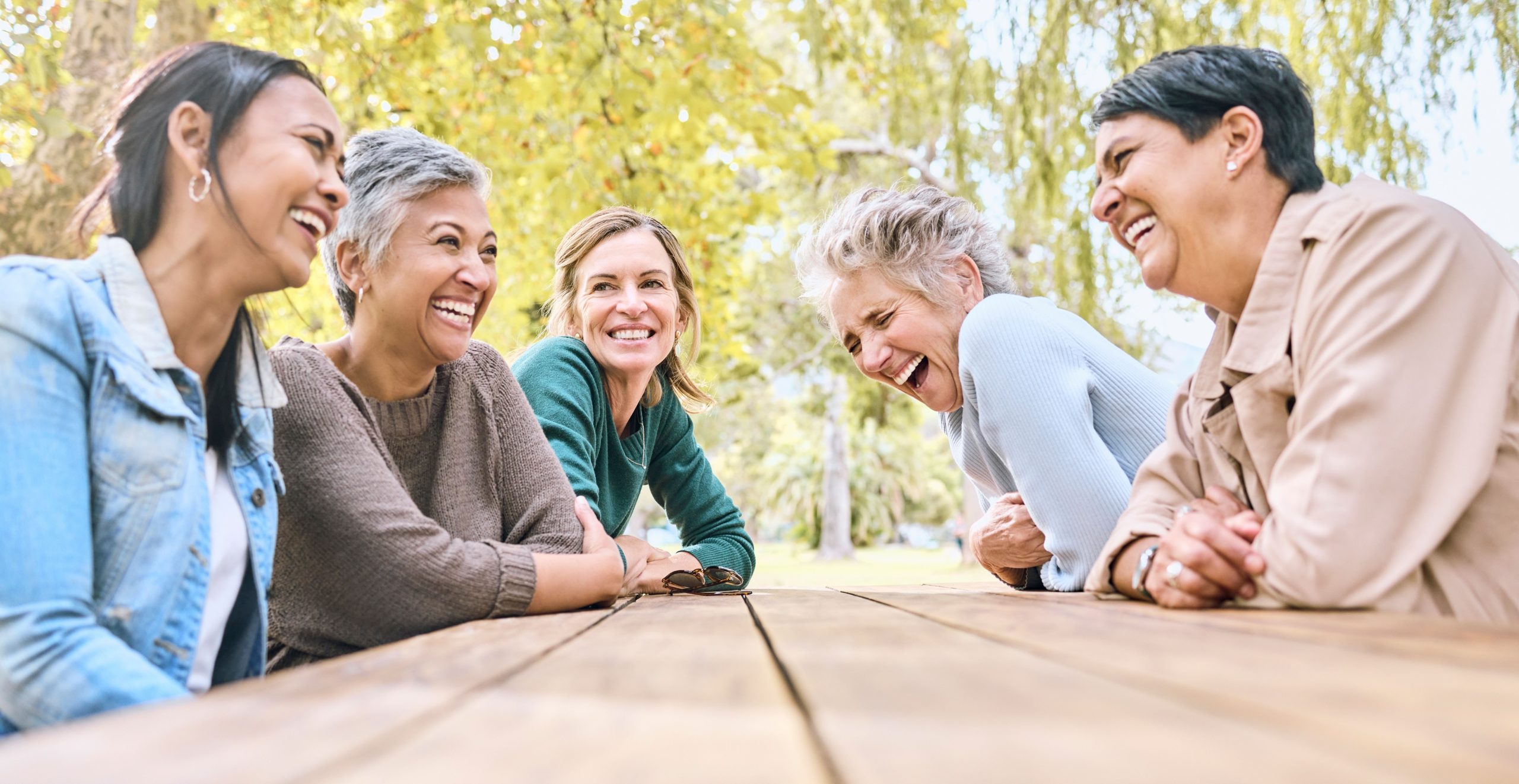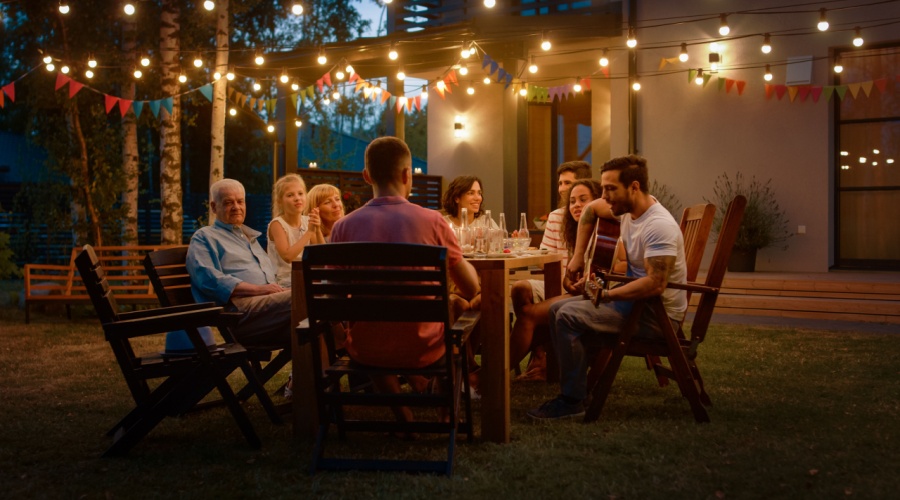By Joyce Wayne
Reward Sensitivity: The Happiness Muscle
We all wish to feel happy. Perhaps not every minute of each day, but at least from time to time throughout the days and weeks of our lives. Yet, as a recent article in The New York Times stated:
“We’ve all experienced the urge to withdraw and duck experiences we know we’ll enjoy — even when a mood boost is what we need most. We skip the birthday party. We cancel lunch. They don’t seem worth the effort. And then, more likely than not, we feel worse than we did before.
So, how do you find the motivation to get out there, especially when you’re feeling low, stressed, tired or lonely? One proven strategy is to strengthen what psychologists call your reward sensitivity. Our drive to seek happiness is a muscle we can develop.”
Impact of Social Isolation
I can’t help recalling how often I’ve cancelled a lunch or dinner to stay home. Last winter, I didn’t show up for not one, but two plays for which I’d ordered tickets. I ask myself if it’s the long-term effects of the Covid pandemic. This staying-at-home habit is difficult to shake after years of being forced to stay home.
I consider the impact staying home has exerted on children during their most formative years and how they can possibly make up for the socialization processes that, in my books, is even more important than the academic content. Is that why so many parents report feeling anxious about their children?
In the U.S., 40 percent of parents are “extremely” or “very” worried that their children will struggle with anxiety or depression at some point, a new survey finds.
“The Pew Research Center report said mental health was the greatest concern among parents, followed by bullying, which worries 35% of parents. These concerns trumped fears of kidnapping, dangers of drugs and alcohol, teen pregnancy and getting into trouble with the police.”
It’s not only older folks who are battling depression and anxiety. It’s not just older folks who face existential worries, isolation, and loneliness.
The Importance of Staying Active and Finding Purpose
When I feel blue, I read a book. Usually no matter how serious, a novel manages to take me outside of myself and into other people’s dilemmas. Novels teach empathy which can help heal many wounds. Or I work. Writing and editing pushes me into a high-octane mode where I need to concentrate and use skill, intuition, and a sense of delight to complete tasks. For me, a day in front of my computer getting work accomplished is a good day.
There are many other ways to stay active and experience happiness. My friend Gloria Tomlinson is the busiest person I know. Although she retired from teaching high school at age 53, she hasn’t slowed down one bit. She started teaching at 21 and continued to supply teach until she turned 65. She met her husband Dave at the school where he taught biology and she taught business. They’ve been married for 36 years, and both remain busy and involved in their GTA community.
Trying to schedule time with Gloria is not easy. This summer, she was off to the U.K. to visit her daughter. Next came guests from Australia. Gloria and Dave also help out their son and daughter-in-law with grandchildren, three little boys under three years old, whom they visit once or twice during the work week and once on the weekends.
Gloria and Dave volunteer, and I can’t imagine a better way to help others while bringing joy and satisfaction into their lives. “The rewards are enormous,” Gloria says. “Volunteering brings joy and satisfaction and a reason to get out of bed in the morning. It keeps you energized and involved.” During the height of the Covid pandemic, Gloria and Dave delivered Meals on Wheels.
Gloria has also volunteered for the Big Brothers and Big Sisters of Canada, an organization that supports children through mentorship. She also met the challenge of volunteering at the Kerr Street Mission in Oakville, a centre that helps newcomers settle into the community.
“Rather than talking about our own aches and pains, illnesses or gossiping, volunteering gives us something meaningful to discuss,” Gloria adds. I certainly get it. We can spend hours on email or on our smartphones complaining –or we can get active, get outside of our homes and our unique challenges, and face the challenge of helping others.
Enduring the most widespread pandemic in more than 100 years took a toll on everyone. Now might be the right time to break free of the fears and sadness that prevailed during that long period of isolation. I’m considering where I could most appropriately volunteer my time. Perhaps it’s something my husband and I could do together. It’s time to think outside the box.


